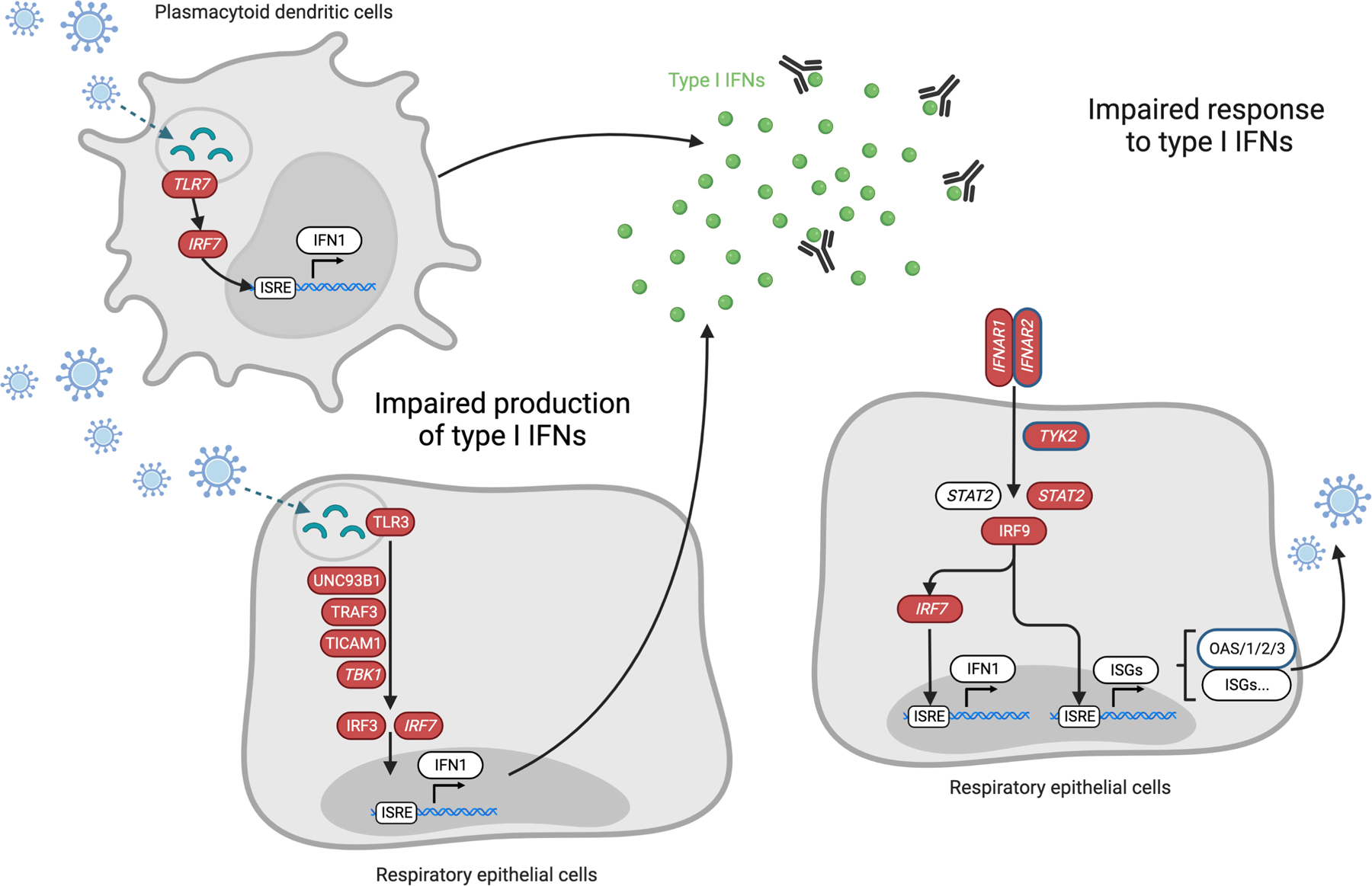Figure 3. Impaired type I IFN immunity underlies life-threatening COVID-19.

Nearly 20% of patients with life-threatening COVID-19 pneumonia have impaired production of or response to type I interferons (IFNs), due to inborn errors of immunity (IEIs, 1 to 5%) or to blockade of type I IFN activity by pre-existing neutralizing autoantibodies (~15%). IEI of type I IFN immunity (genes shown in red) have been identified and lead to: (1) an impaired production of type I IFNs (left) in respiratory epithelial cells (RECs) and/or in blood plasmacytoid dendritic cells (pDCs), or (2) an impaired response to type I IFNs (right) in RECs, in response to SARS-CoV-2 infection. Genes for which X-linked or autosomal recessive defects have been identified are in italic. Genes for which common variants have been associated by GWAS with severe COVID-19 are circled in blue.
